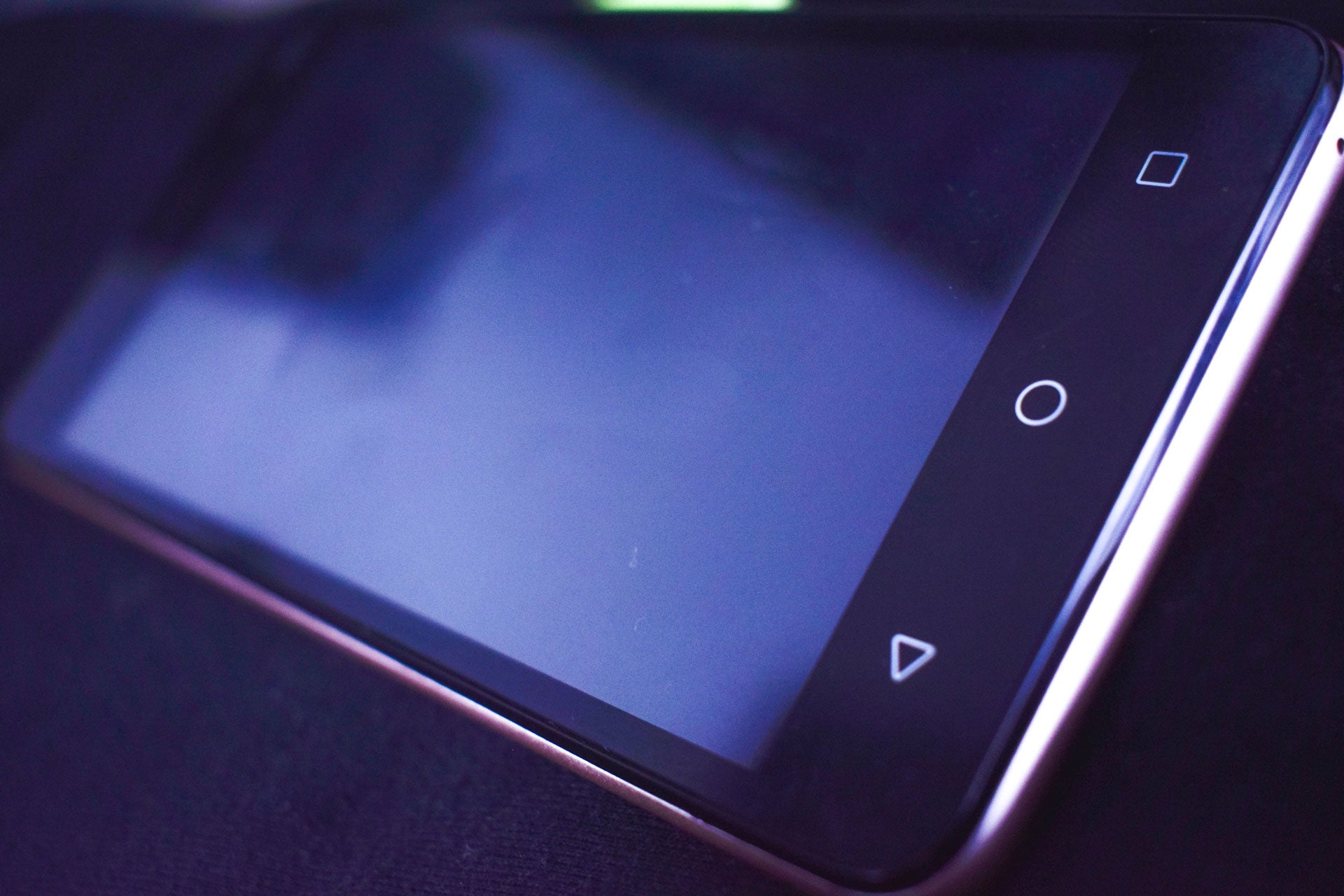
With ethical consumers increasingly concerned with the origin of their purchases, almost every industry, from fashion to food to diamonds, has been held to account over the ethics of its supply chain.
Bar a small number in the tech community, the ethical implications of the electronics industry has gone largely unnoticed by many consumers. However, the smartphone many have in their pocket may have a questionable past.
The average smartphone contains over 60 different metals, so tracking the supply chain of each component is complex. The mining and processing of many of these metals contributes to environmental damage and poor working conditions for those involved.
For example, cobalt, found in lithium-ion rechargeable batteries, is commonly sourced from the Democratic Republic of Congo, where it is frequently mined by child labourers. Last year, Bloomberg reported that factory workers making the casing for iPhones were working long hours in hazardous conditions. According to a study from 2014, 97% of the 39 electronics companies studied did not pay factory workers a living wage.
Ethical electronics
However, one company is looking to change that. Amsterdam-based startup Fairphone was startup was recently referred to by Forbes as “the most sustainable and ethical phone manufacturer on the planet”, and is tackling the often damaging impact of the smartphone industry.
The company is working towards sourcing all of its components ethically though a more transparent supply chain. Currently, Fairphone’s smartphones contain fairtrade gold, as well as conflict-free tin and tungsten. The models are made from recycled plastics and copper, with the company advocating for fair working conditions in the factories in which the phones are produced. It is working towards ensuring more of the metals within its phones are responsibly sourced by 2020.
How well do you really know your competitors?
Access the most comprehensive Company Profiles on the market, powered by GlobalData. Save hours of research. Gain competitive edge.

Thank you!
Your download email will arrive shortly
Not ready to buy yet? Download a free sample
We are confident about the unique quality of our Company Profiles. However, we want you to make the most beneficial decision for your business, so we offer a free sample that you can download by submitting the below form
By GlobalDataThe company is also addressing the growing problem of e-waste. The amount of e-waste produced globally could dramatically increase to 120 tonnes each year by 2050 according to a recent study by the United Nations University, and a contributor to this is the built-in obsolescence of many smartphones.
A key difference to most smartphones is that Fairphones are modular. This means that it is made up of individual components that can be replaced independently of each other, thus reducing e-waste and increasing the phone’s lifespan.
“We want to motivate the entire industry”
The company has just launched its third model, the Fairphone 3, which will be available in Europe from early September for €450. Although its specs may not be able to compete with other smartphones on the market at that price point, with Wired comparing the phone’s capabilities to the cheaper Moto G7, CEO Eva Gouwens believes that the launch of the latest model is more about encouraging the smartphone industry to consider the ethics of its manufacturing process:
“We envision an economy where consideration for people and the planet is a natural part of doing business and according to this vision, we have created scalable ways to improve our supply chain and product.
“We developed the Fairphone 3 to be a real sustainable alternative on the market, which is a big step towards lasting change. By establishing a market for ethical products, we want to motivate the entire industry to act more responsibly since we cannot achieve this change alone. “
The concept of ethical electronics is not a new one. Although a fairtrade certification does not yet exist for electronics, some people within the tech community have been aware of the ethical implications of the electronics industry for a number of years with software movement activist Richard Stallman, for example, only running Linux software on fairtrade laptops.
Scrutiny of the environmental impact of hardware has led to many companies taking action, with Google recently pledge to use recyclable materials in all of its hardware by 2022, and a demand for ethical electronics may follow a similar path in the future. However, with smartphone sales reaching $522bn in 2018 and an industry which spans the globe, holding the smartphone industry to account is no easy task.
Sky Mobile recently announced that it would be offering Fairphone 3 contracts once the phone is available, making it easier for ethically minded consumers to make the switch. However, with Fairphone selling over 100,000 devices, according to The Register, it is unlikely that the company will compete with the likes of Apple and Android any time soon, with Samsung selling 75 million smartphones every quarter.
That being said, with the slowing of smartphone sales, which declined for the first time ever in 2018, it is possible that consumers will look for other criteria when purchasing a smartphone. Coinciding with a rise in ethically and environmentally conscious consumers, this may be enough to enable companies such as Fairphone to claim a larger market share, or at least become a viable option for a growing number of smartphone owners.
Read more: Diamonds are forever: Could blockchain pave the way for an ethical diamond industry?


